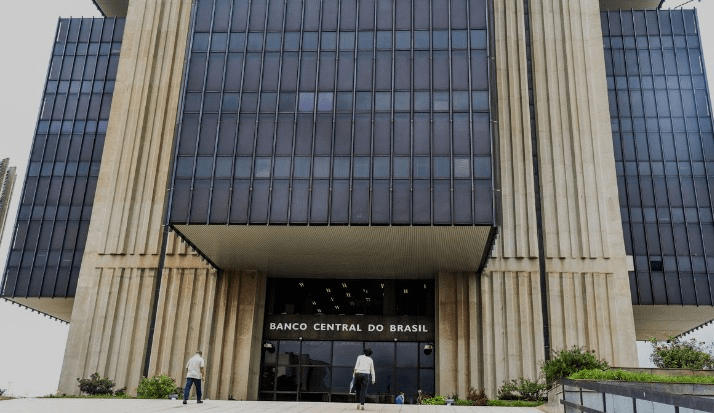
🪙 Official regulation of the crypto market in Brazil
On Monday (10), the Central Bank announced the long-awaited rules for the cryptocurrency sector, through resolutions BCB nº 519, 520, and 521. These regulations define how companies dealing with digital assets—called Virtual Asset Service Providers (VASPs)—should be structured and align stablecoin transactions with traditional currency exchange operations.
🎉 Impact on the sector
The Brazilian crypto community received the new guidelines with enthusiasm, believing they will bring more stability to the market. However, experts point out issues that require special attention. The Bitcoin Portal highlighted the main aspects of the resolutions:
🔑 Key changes
1. Stablecoins must comply with exchange rules
- Resolution No. 521 includes transactions with stablecoins in the Brazilian exchange system.
- International payments, settlement of external debts, and transfers between own wallets are also included in this regulation, requiring user identification and tracking of funds.
2. Mandatory information to the Central Bank
- PSAVs and financial institutions must send monthly reports to the BC with client data, traded amounts, and links between the involved parties.
3. Identified self-custody wallets
- Exchanges will have to identify the owners of private wallets used in transactions, recording details such as date, type of asset, quantity, and value in reais.
4. Mandatory licensing
- Starting from February 2026, only authorized companies will be allowed to operate. Those that do not obtain a license by November 2026 will have to cease their activities and transfer customer assets to regulated companies.
5. International brokers must open a branch in Brazil
- Foreign companies operating in the country will need to establish a national headquarters and follow the same rules as Brazilian companies.
6. Reports to the Federal Revenue
- International exchanges will have to report financial transactions of clients to the Revenue, which was not previously required.
7. Minimum capital required
- The BC stipulated that PSAVs must have capital between R$ 10.8 million and R$ 37.2 million, depending on the type of service provided.
8. Separation between company assets and customer assets
- PSAVs must keep client resources separate from their own, with documented policies, independent audits every two years, and mechanisms to ensure the safety of funds in case of cessation of activities.
These measures represent an important regulatory milestone for the crypto sector in Brazil, aimed at protecting investors and integrating the digital asset market into the traditional financial system.